Table of Contents
- Senator John F Kennedy
- A rising Kennedy on the power and limits of dynasties
- NEW: Sen. Kennedy Decimates Dems and USAID on Senate Floor With ...
- CNN Projection: Republican Sen. John Kennedy will win Louisiana Senate race
- Republican Issues Warning if Truth About New Orleans Attack Is Hidden ...
- John Kennedy
- U.S. Rep. Kennedy creates Senate campaign committee – Lowell Sun
- Who is Senator John Kennedy's wife Rebecca? | The US Sun
- U.S. Rep. Kennedy creates Senate campaign committee – Lowell Sun
- Republican Senator John Kennedy Tells Democrats to Stop Talking About ...

John F. Kennedy, often referred to as JFK, was a prominent American politician who served as the 35th President of the United States. Born on May 29, 1917, in Brookline, Massachusetts, Kennedy was a member of the Democratic Party and is widely regarded as one of the most charismatic leaders in American history. In this article, we will delve into Kennedy's early life, his rise to prominence, and his notable achievements as a politician.
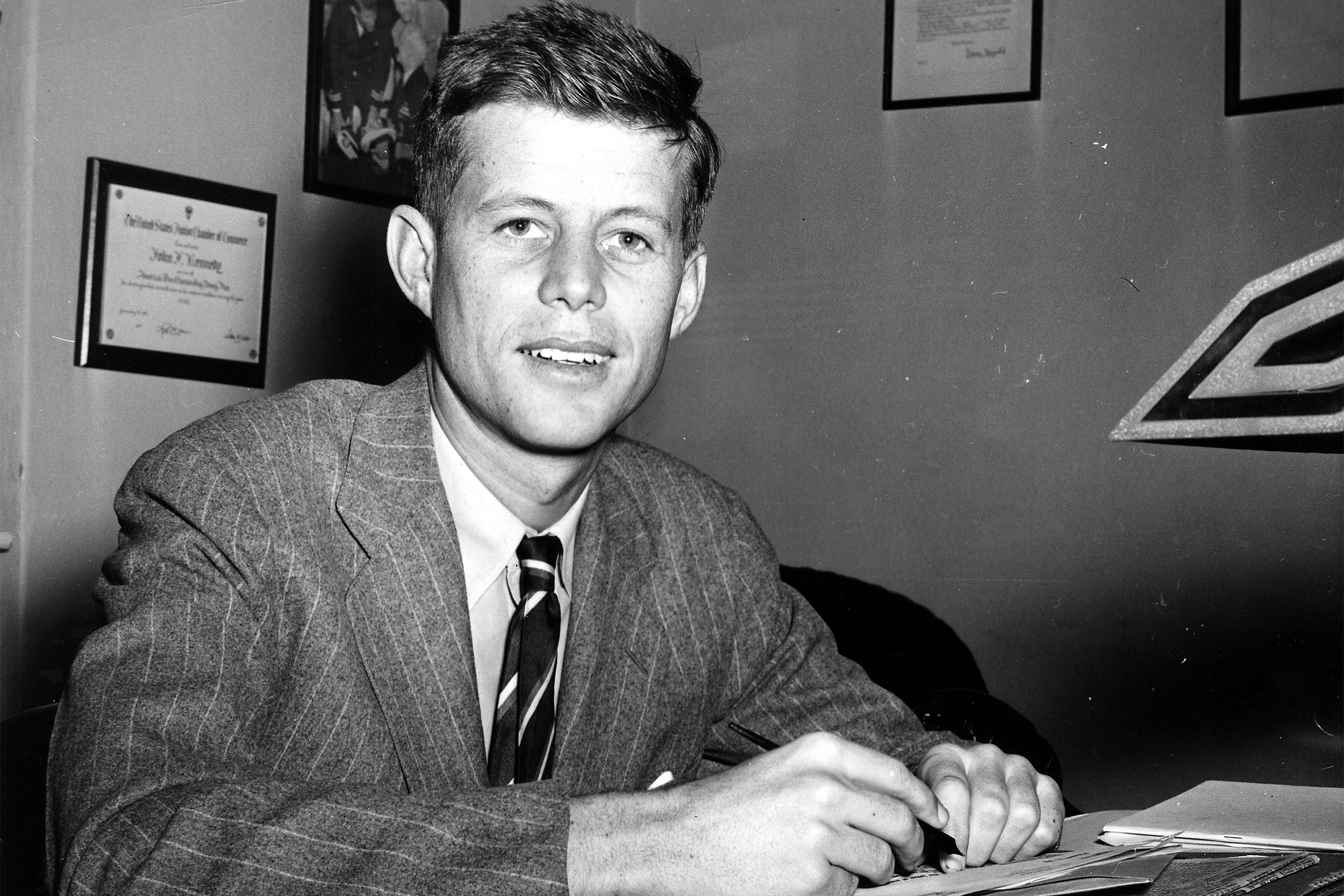
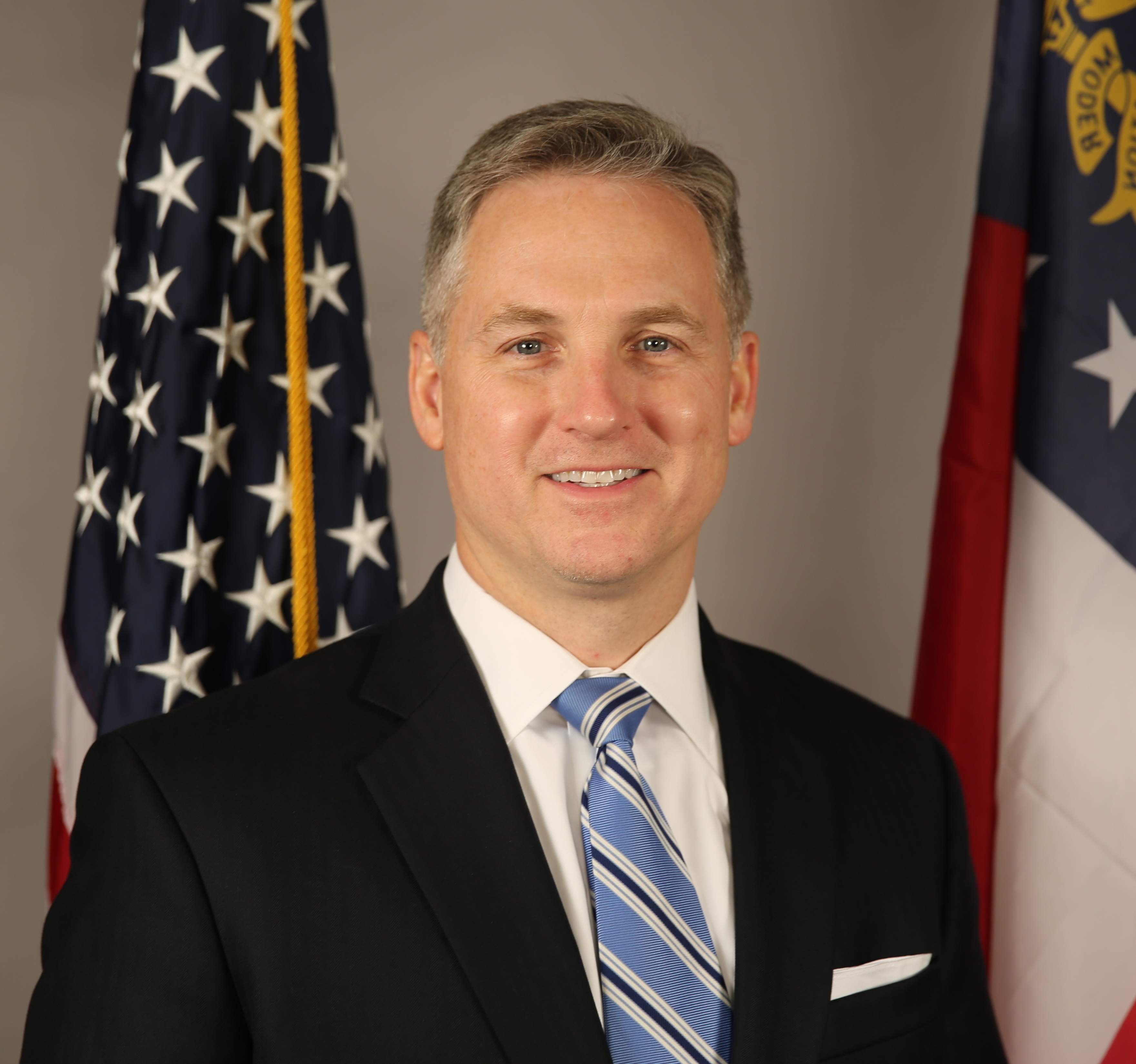
Early Life and Education

Kennedy was born into a wealthy and influential family. His father, Joseph P. Kennedy Sr., was a successful businessman and diplomat who served as the United States Ambassador to the United Kingdom. Kennedy's early life was marked by privilege and opportunity, with access to the best education available. He attended the London School of Economics and later graduated from Harvard University, where he developed a strong interest in politics and international relations.

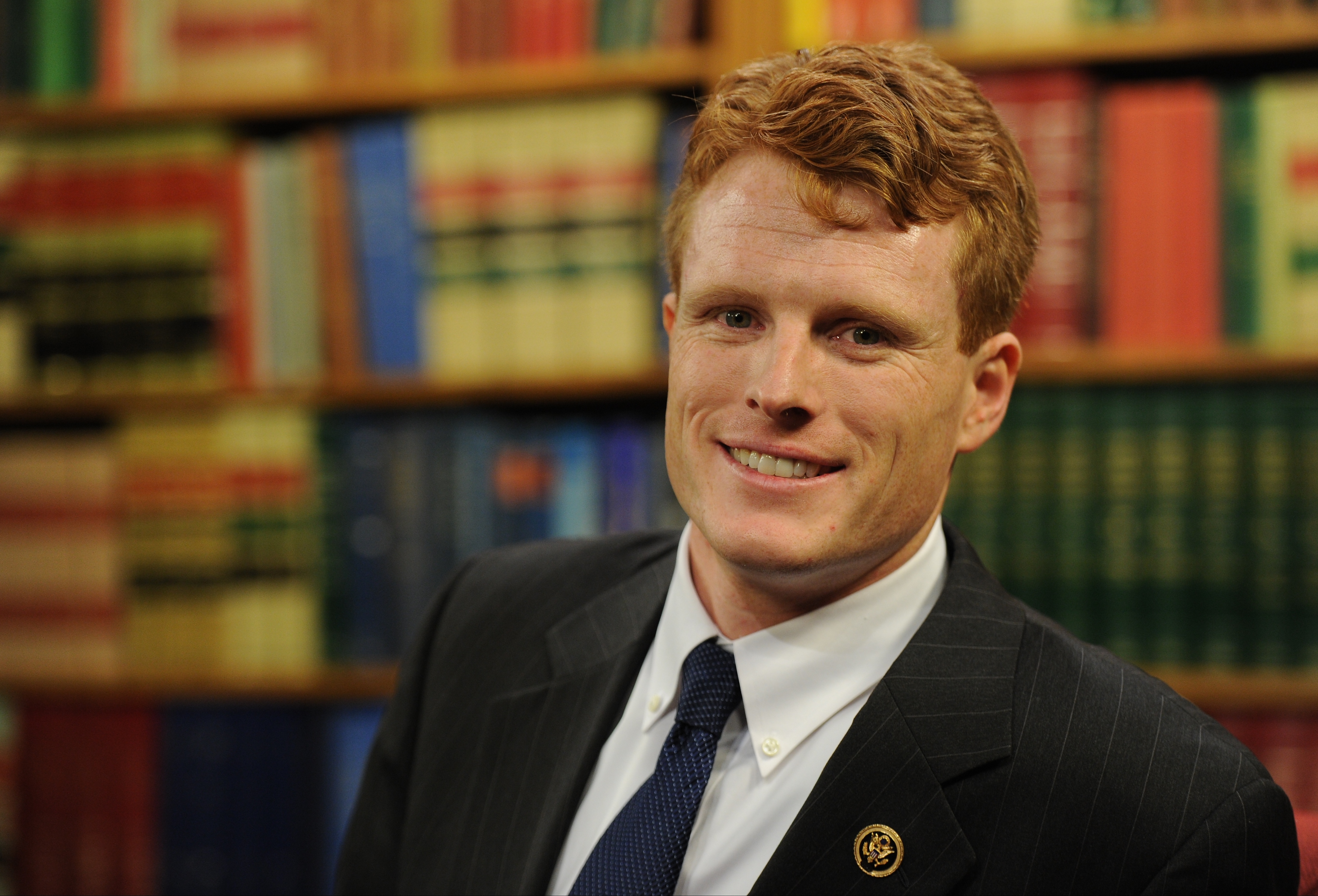
Entry into Politics

Kennedy's entry into politics was facilitated by his family's connections and his own charisma. In 1946, he was elected to the U.S. House of Representatives, representing the 11th congressional district of Massachusetts. During his time in the House, Kennedy focused on issues related to labor, education, and foreign policy. His commitment to public service and his ability to connect with voters earned him a reputation as a rising star in the Democratic Party.
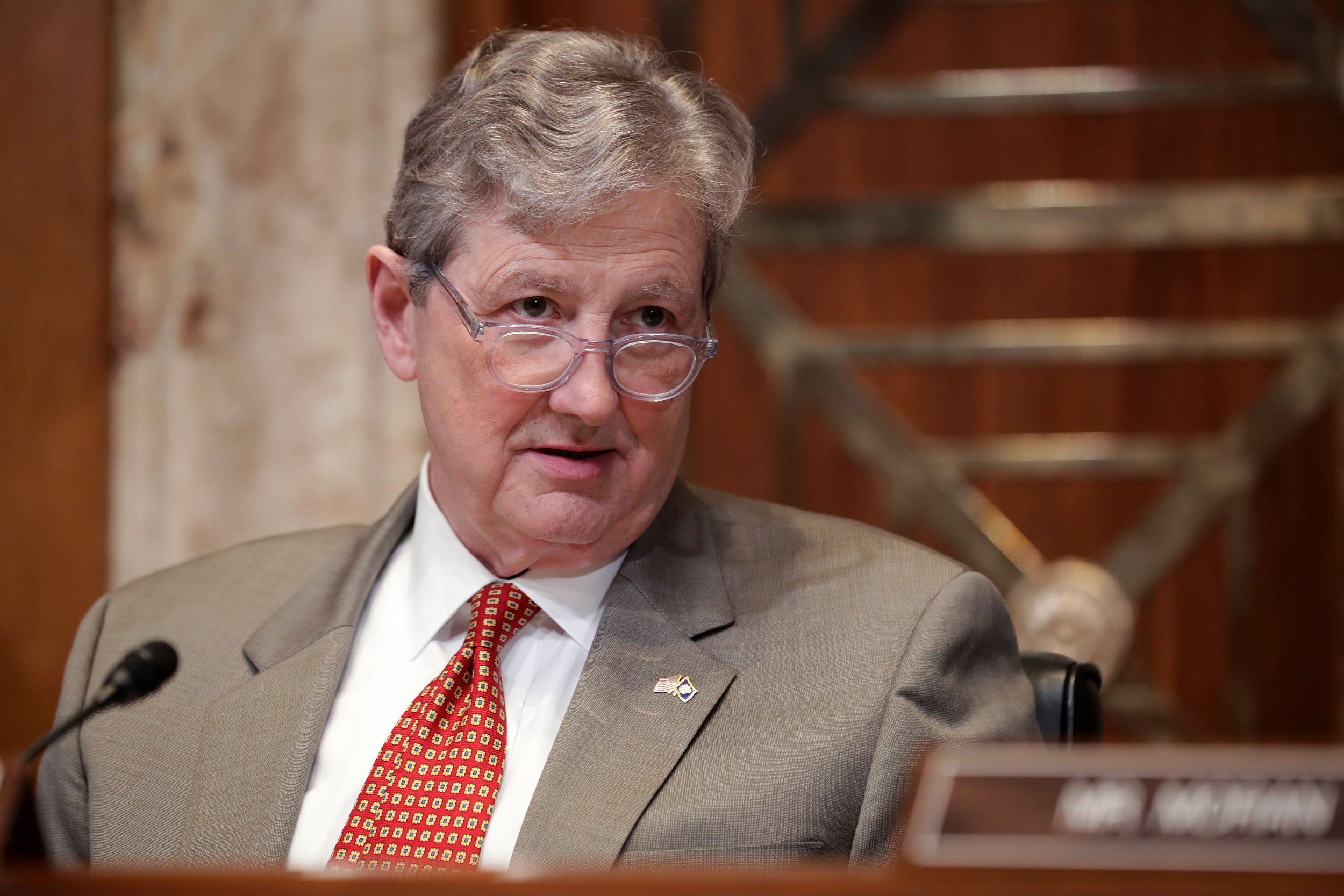
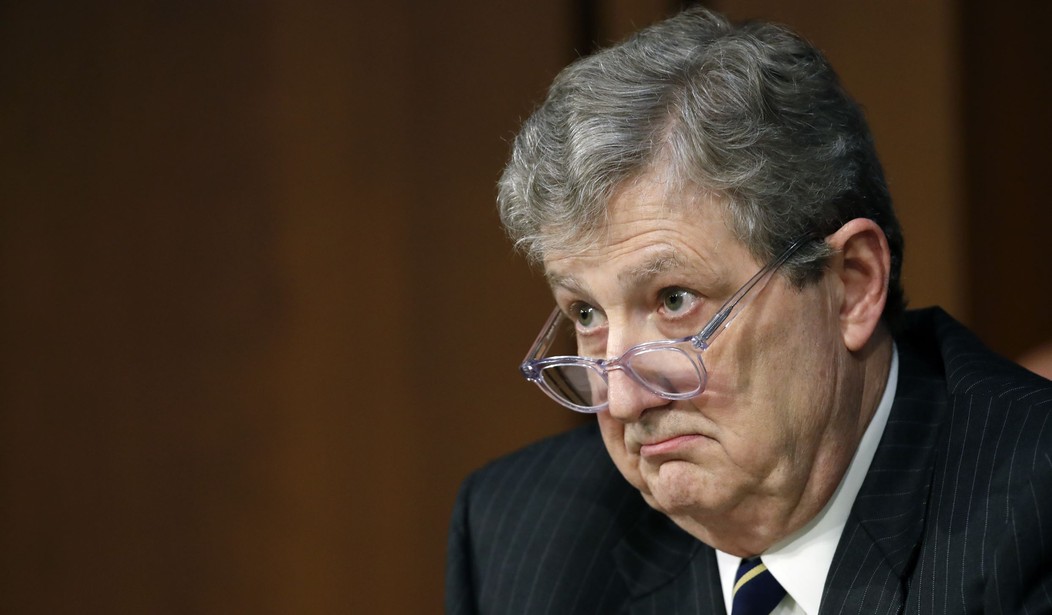
Senate and Presidential Campaigns
In 1952, Kennedy was elected to the U.S. Senate, where he served for eight years. As a senator, he continued to advocate for progressive policies and played a key role in the development of the Democratic Party's platform. In 1960, Kennedy launched his presidential campaign, running against Republican candidate Richard Nixon. His charismatic personality, combined with his vision for America's future, resonated with voters, and he won the election by a narrow margin.
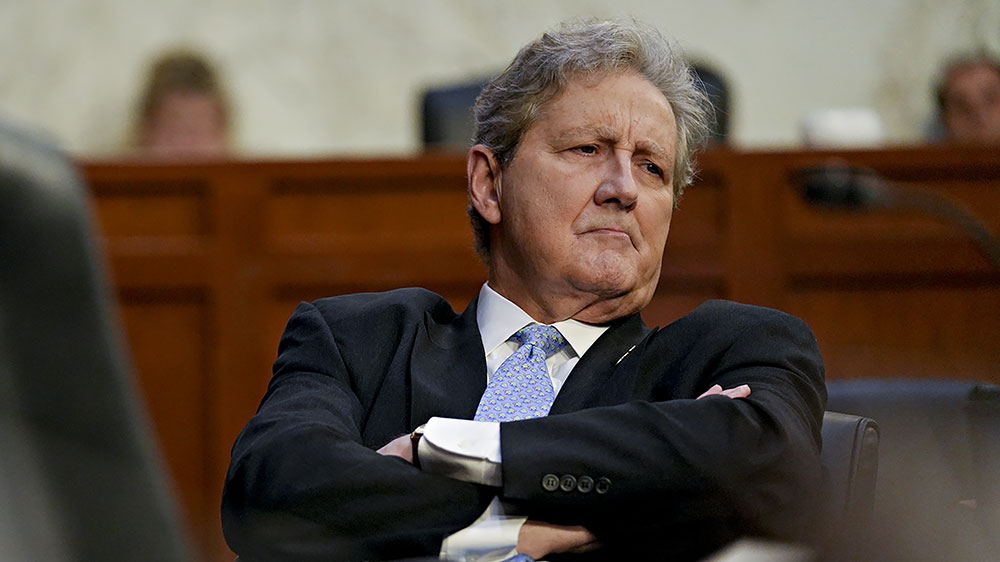
Legacy as President
As president, Kennedy faced numerous challenges, including the Cold War, the Civil Rights Movement, and the Cuban Missile Crisis. Despite these challenges, he remained committed to his vision of a more just and equitable society. Some of his notable achievements include the establishment of the Peace Corps, the Alliance for Progress, and the Apollo space program. Kennedy's leadership during the Cuban Missile Crisis, which brought the world to the brink of nuclear war, is widely regarded as one of the most significant moments in modern history.
John F. Kennedy's life and legacy continue to inspire Americans and people around the world. His commitment to public service, his vision for a better future, and his charisma have made him an enduring figure in American politics. As a politician from Massachusetts, Kennedy's rise to prominence serves as a reminder of the importance of leadership, vision, and dedication to the greater good. Today, Kennedy's legacy continues to shape American politics, and his memory remains a powerful symbol of hope and optimism for generations to come.
If you're interested in learning more about John F. Kennedy's life and legacy, we recommend exploring the John F. Kennedy Presidential Library and Museum in Boston, Massachusetts. The library offers a wealth of resources, including exhibits, archives, and educational programs, that provide a deeper understanding of Kennedy's life and presidency.
Keywords: John F. Kennedy, Massachusetts, Democratic Party, US House of Representatives, US Senate, President of the United States, Cold War, Civil Rights Movement, Cuban Missile Crisis, Peace Corps, Alliance for Progress, Apollo space program.